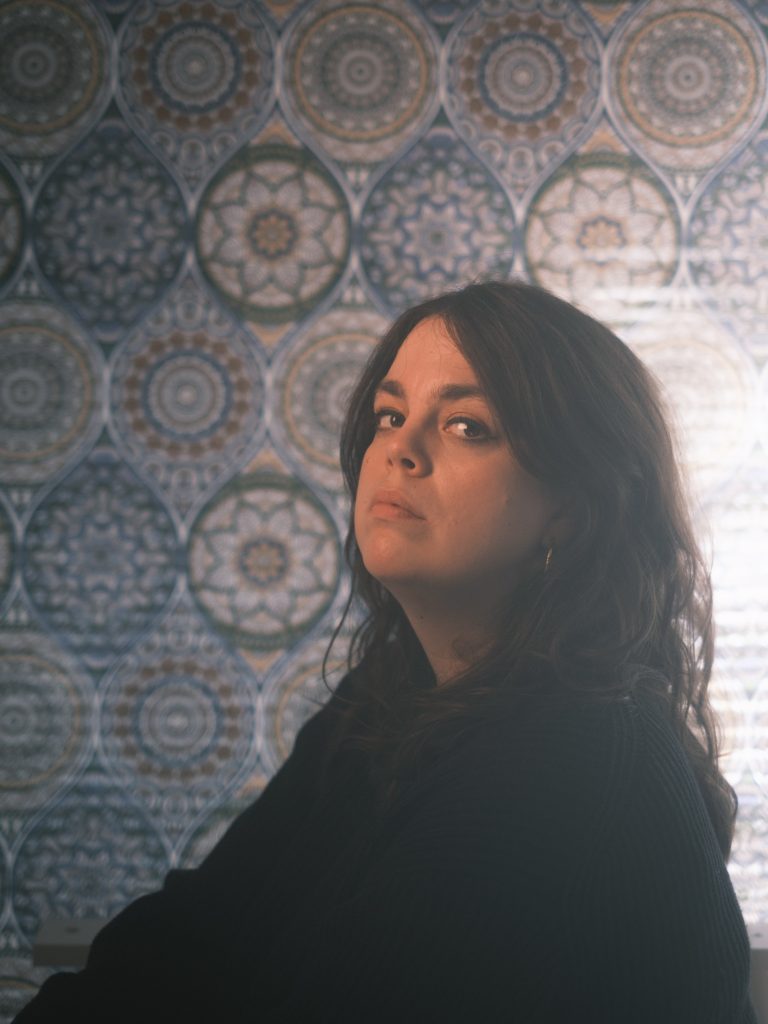Charlotte Steinert is a doctoral researcher at the IRTG “Baltic Peripeties”. Having obtained a BA in political science and public law from the university of Trier in 2013, she worked in the digital tech and startup scene. In 2020 she enrolled at the Nordeuropa Institut at the Humboldt-Universität zu Berlin, taking a particular interest in the colonial legacy in Scandinavia and right-wing dog whistles with regards to immigration. She graduated in 2022 with her thesis on the Sweden Democrats, gender equality and femonationalism.
Joining the IRTG “Baltic Peripeties” in April 2024 as a doctoral candidate, she explores discourses on the right-wing populist party Sweden Democrats between 2010-2024. Her focus here lies on established parties. Furthermore, she is interested in exploring possible connections between discourses about racism and the way Swedish mainstream parties relate to the right-wing populist party Sweden Democrats.
